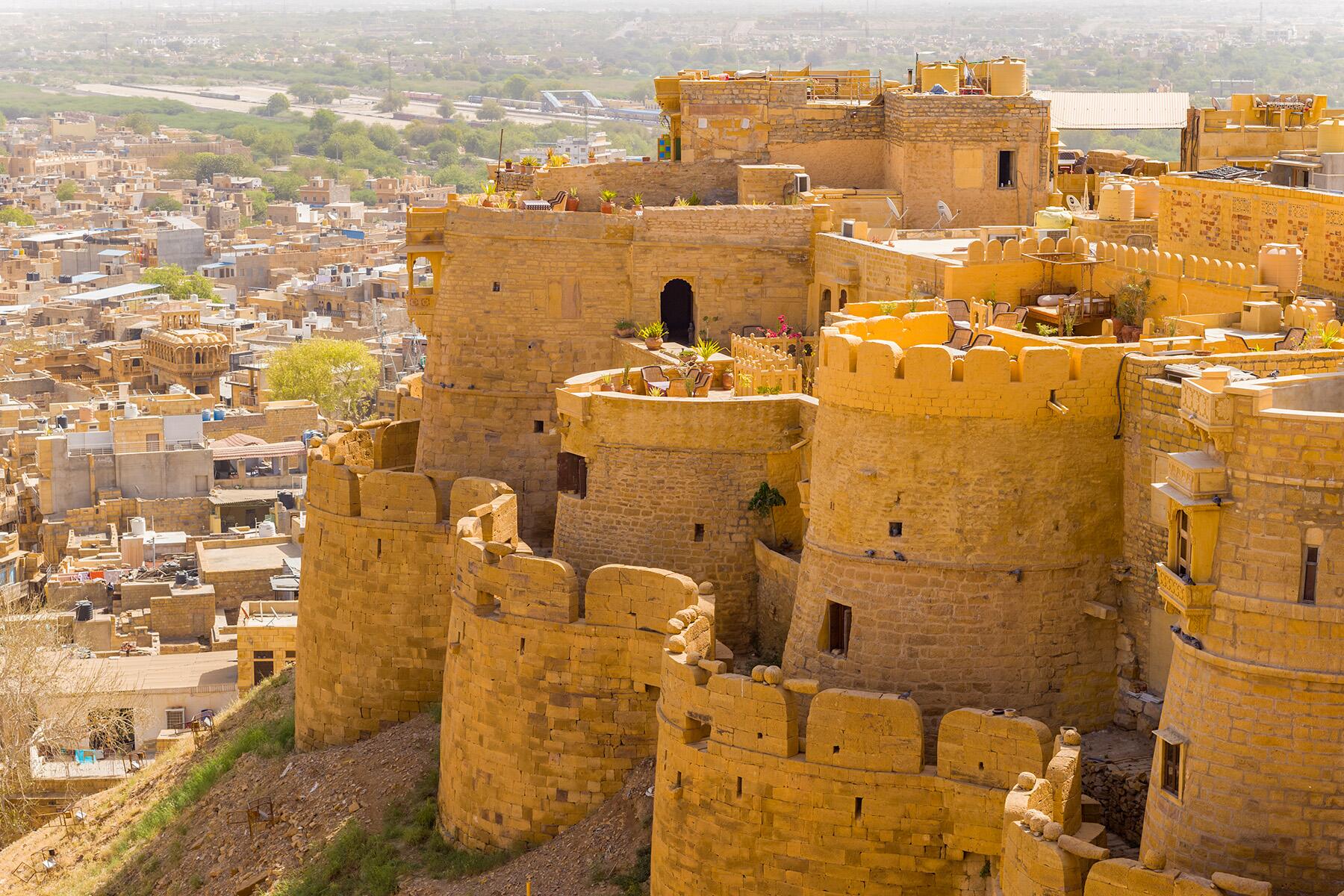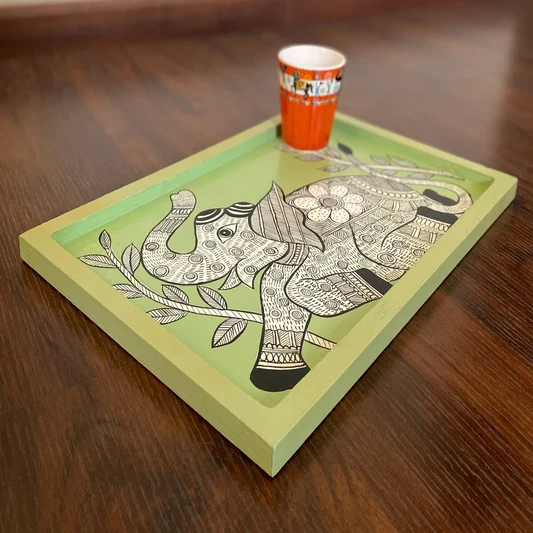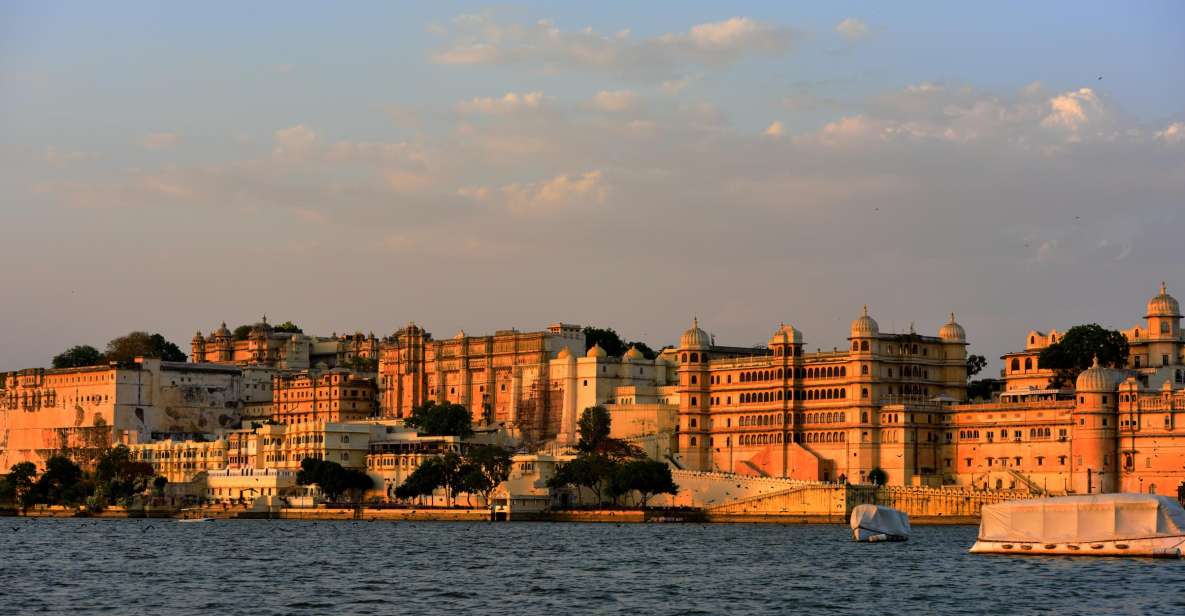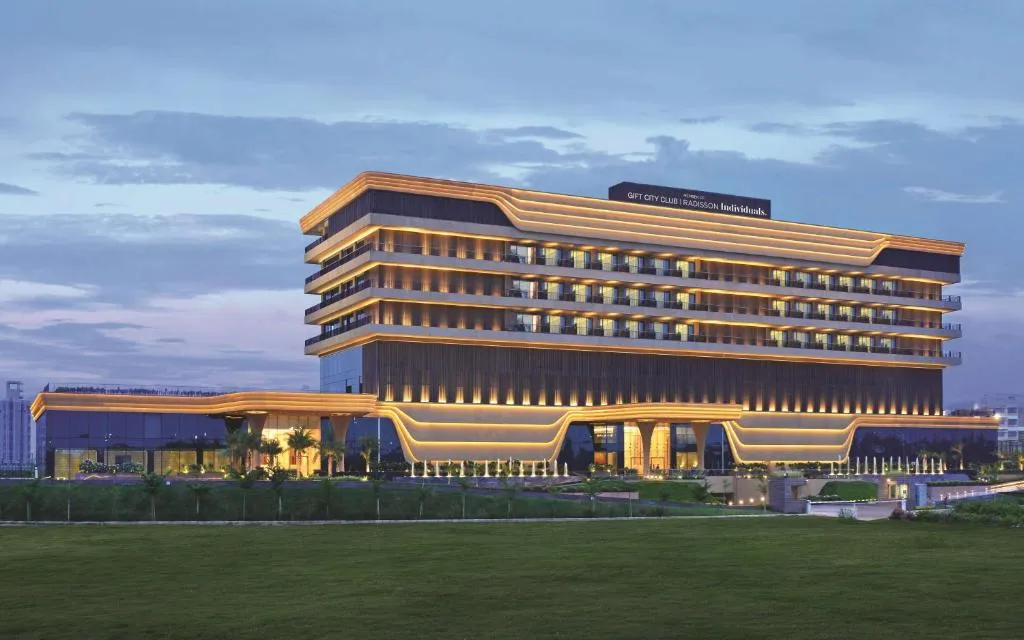Golden Sands & Timeless Forts: A Mesmerizing Jaisalmer Escape

Introduction to Jaisalmer: A City of Golden Marvels
Jaisalmer, often called the Golden City of India, stands as a timeless testimony to Rajasthan’s rich heritage. With its golden-hued forts, vast desert landscapes, and intricately carved havelis, Jaisalmer offers travelers an unforgettable experience. Whether it’s exploring ancient architecture, engaging in desert adventures, or witnessing the region’s cultural vibrancy, the city has something for everyone.
Jaisalmer Fort: The Living Heritage
One of the most striking landmarks in Jaisalmer is the Jaisalmer Fort, also known as Sonar Quila (Golden Fort). Unlike most forts in India, this one is still inhabited by local communities. Built in 1156 AD by Rawal Jaisal, the fort stands tall with its massive sandstone walls, creating a golden glow under the sun.
Inside the fort, narrow alleys lead to centuries-old Jain temples, bustling markets, and traditional homes where generations have lived. Exploring these lanes is like stepping back in time, allowing visitors to immerse themselves in Jaisalmer’s history.
Havelis of Jaisalmer: The Grand Residences of Merchants
Apart from the fort, Jaisalmer is famous for its opulent havelis (mansions), which display intricate carvings and Rajasthani architecture. Some of the most renowned havelis include:
-
Patwon Ki Haveli – A five-story complex with stunning latticework and mirror decorations.
-
Salim Singh Ki Haveli – Recognized for its unique peacock-shaped roof and detailed craftsmanship.
-
Nathmal Ki Haveli – A remarkable blend of Islamic and Rajputana architecture, built by two brothers working simultaneously.
Each haveli tells a story of Jaisalmer’s prosperous past when it was a major trade hub on the Silk Route.
Desert Adventures in the Thar: A Must-Experience Journey
No visit to Jaisalmer is complete without a desert safari. The vast Thar Desert offers visitors an opportunity to experience Rajasthan’s raw beauty.
Activities to Enjoy in the Jaisalmer Desert
-
Camel Safari – Ride across golden dunes while enjoying the breathtaking sunset.
-
Jeep Safari – Experience adrenaline-fueled drives through the rugged desert terrain.
-
Camping Under the Stars – Spend a night in a traditional Luxury Tent in Jaisalmer, blending comfort with nature.
-
Cultural Performances – Enjoy Rajasthani folk dances and music around a bonfire, creating an authentic desert experience.
These activities allow travelers to engage with the local Rajput and Bhil communities, gaining insight into their way of life.
Gadisar Lake: A Serene Oasis in the Desert
Amidst the arid surroundings, Gadisar Lake offers a tranquil retreat. Built in the 14th century by Maharawal Gadsi Singh, this artificial lake served as Jaisalmer’s primary water source.
Visitors can enjoy boat rides, explore the chhatris (cenotaphs), and marvel at the intricately carved Tilon Ki Pol, an arched gateway to the lake. The early mornings and evenings provide the best views when the setting sun reflects beautifully on the water.
Kuldhara: The Abandoned Village with a Mysterious Past
Located 18 km from Jaisalmer, Kuldhara Village is known for its eerie silence and abandoned homes. Legend has it that the village was once prosperous, but the Paliwal Brahmins who lived there mysteriously vanished overnight. Some believe it was due to excessive taxation, while others claim supernatural forces played a role.
Regardless of the myths, Kuldhara attracts visitors intrigued by its history, ghost stories, and architectural remnants.
The Rich Culinary Delights of Jaisalmer
A journey through Jaisalmer is incomplete without indulging in its authentic Rajasthani cuisine. Some must-try dishes include:
-
Dal Baati Churma – A traditional dish consisting of lentils, baked wheat balls, and a sweet crumbled wheat dessert.
-
Ker Sangri – A unique local dish made from desert beans and capers.
-
Gatte Ki Sabzi – Gram flour dumplings cooked in a spiced yogurt curry.
-
Pyaaz Kachori – Flaky pastry filled with spicy onion stuffing, best enjoyed with mint chutney.
Most eateries serve meals on traditional thali (platter), offering a mix of flavors that define Rajasthan’s culinary heritage.
Shopping in Jaisalmer: A Handicraft Paradise
Jaisalmer’s markets offer a variety of handcrafted souvenirs, including:
-
Bandhani textiles – Intricately tie-dyed fabrics in vibrant colors.
-
Silver jewelry – Traditional Rajasthani ornaments crafted by local artisans.
-
Camel leather products – Handmade bags, shoes, and belts unique to Jaisalmer.
-
Wooden artifacts – Carved furniture and decorative items showcasing the craftsmanship of Jaisalmer’s artisans.
Popular shopping spots include Manak Chowk, Sadar Bazaar, and Bhatia Market, where visitors can witness the region’s rich artistic traditions.
Best Time to Visit Jaisalmer: When to Plan Your Trip
The ideal time to explore Jaisalmer is during the winter months (October to March) when the weather is pleasant.
-
Summers (April to June) can be scorching, making outdoor activities challenging.
-
Monsoons (July to September) bring occasional showers, though the region remains dry for the most part.
The Jaisalmer Desert Festival, held in February, is one of the most awaited events, featuring camel races, turban-tying contests, and folk performances.
Where to Stay in Jaisalmer for an Authentic Experience
For travelers seeking a unique stay amidst the desert landscape, opting for a Jaisalmer Desert Camp offers an immersive experience.
Guests can enjoy:
✔ Traditional Rajasthani hospitality
✔ Stunning desert views
✔ Luxury tents with modern amenities
✔ Evening cultural programs
Such stays allow visitors to embrace the desert’s tranquility while experiencing the region’s cultural richness.
Conclusion: Why Jaisalmer Should Be on Your Travel List
Jaisalmer is more than just a travel destination—it is an experience woven with history, adventure, and culture. From the grandeur of Jaisalmer Fort to the serenity of Gadisar Lake, and from thrilling desert safaris to ancient legends of Kuldhara, every moment in Jaisalmer is unforgettable.
For those seeking an authentic Rajasthan experience, Jaisalmer stands as a golden paradise, waiting to be explored.







